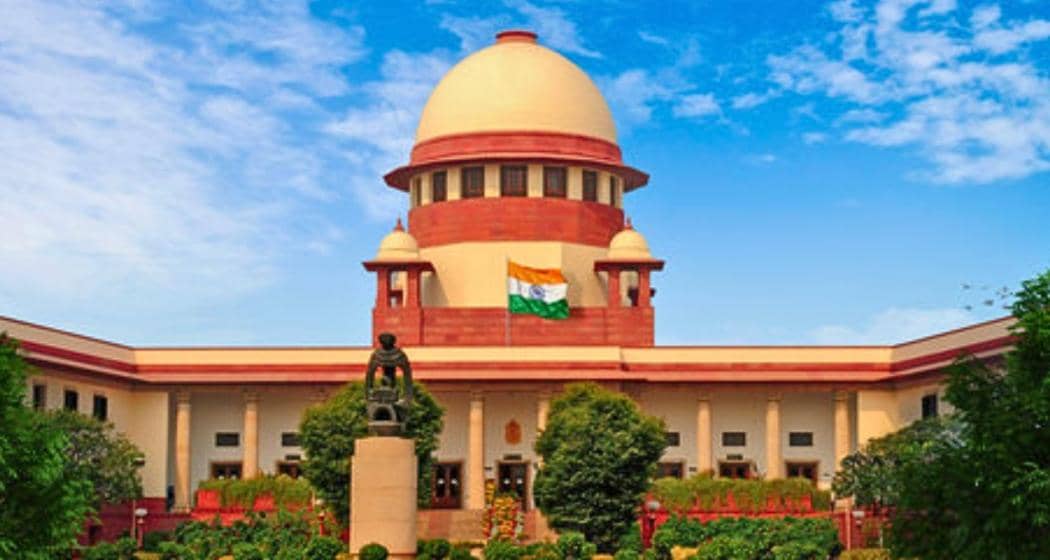In a landmark ruling, the Supreme Court of India has established that the President must provide clear reasons when withholding assent to a bill. This ruling comes after the court’s interpretation of Article 143 of the Constitution of India, which allows the President to seek the Supreme Court’s opinion on legal questions. The court’s emphasis on justification aims to uphold the principle of limited government and ensure accountability among the three branches of government.
Article 143 of Indian Constitution
Article 143 empowers the President to seek the Supreme Court’s opinion on important legal matters. This provision is crucial for maintaining constitutional governance. The President can reserve a bill for the court’s advice, particularly on issues of constitutionality. The court’s ruling reinforces that the President must act in accordance with this advice unless there are compelling policy reasons to do otherwise.
Cogent Reasons
The Supreme Court has mandated that if the President chooses to act against the Supreme Court’s advice, he or she must record cogent reasons. This requirement is essential for maintaining transparency and accountability in governance. A lack of justification can undermine the principle of limited government, which is foundational to the Constitution of India.
Implications for Judicial Review
The ruling enhances the scope of judicial review. The Supreme Court stated that the reasons provided by the President for withholding assent are vital for assessing the validity of the decision. This mechanism ensures that the executive branch remains accountable to the judiciary and the public.
Timelines for Decision-Making
The Supreme Court has also laid down specific timelines for governors and the President to decide on bills forwarded to them. This directive aims to streamline the legislative process and reduce delays in governance. Timely decisions are crucial for effective law-making and the functioning of democracy.
Role of the Governor
The court clarified the governor‘s role in reserving bills for presidential consideration. It stated that when a bill is reserved on grounds of unconstitutionality, the President must act judiciously. The President’s role is likened to that of a soothsayer, guiding the legislative process and ensuring constitutional compliance.
Concept of Limited Government
The ruling puts stress on the concept of limited government. The Supreme Court brought into light that the government must operate within constitutional bounds. The President’s actions must reflect this principle, ensuring that no branch of government exceeds its authority.

Leave a Reply